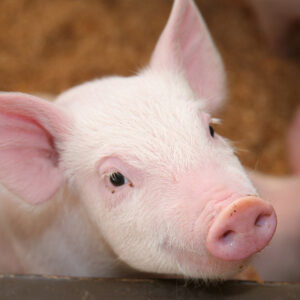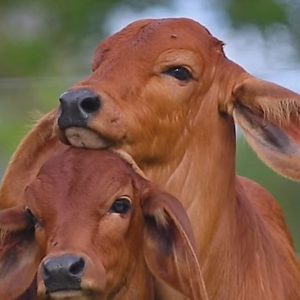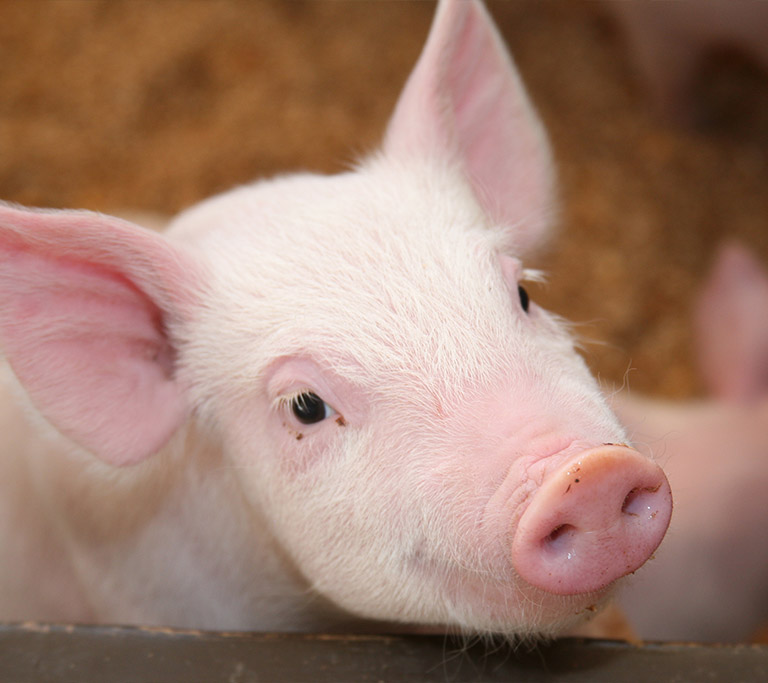


VestAmino® Val
Valine
Valine is an essential amino acid that plays a crucial role in pig nutrition. Including L-Valine in pig diets offers several benefits. Here’s an overview of its role and the benefits of using L-Valine in pig diets:
- Protein synthesis: L-Valine is one of the essential amino acids required for protein synthesis in pigs. It serves as a building block for the production of proteins, which are necessary for the growth, development, and maintenance of tissues in pigs. Adequate levels of L-Valine in the diet support optimal protein synthesis and overall growth.
- Muscle development: L-Valine is particularly important for muscle development in pigs. It is involved in the maintenance and repair of muscle tissues and supports the growth of lean muscle mass. Including sufficient levels of L-Valine in the diet helps promote healthy muscle development, contributing to improved body composition and meat quality in pigs.
- Energy metabolism: L-Valine plays a role in energy metabolism in pigs. It is a glucogenic amino acid, meaning it can be converted into glucose to provide energy to the pig’s body. L-Valine is important for energy production, particularly during high metabolic demand or stress periods.
- Reproductive performance: Adequate levels of L-Valine are essential for reproductive function in pigs. L-Valine plays a role in the synthesis of hormones and supports proper reproductive development and function. It is significant for reproductive performance in gilts and sows, contributing to improved fertility and litter size.
- Immune function: L-Valine is necessary for proper immune function in pigs. It is involved in the production of antibodies and the regulation of immune cell activity. Adequate levels of L-Valine in the diet support a robust immune response, helping to enhance disease resistance and overall health in pigs.
- Stress management: L-Valine has been associated with stress management in pigs. It can act as a precursor for neurotransmitters in the brain, potentially contributing to stress reduction and improved behaviour in pigs.
It’s important to ensure that L-Valine is provided in appropriate amounts in pig diets to meet the specific requirements of the animals. L-Valine can be supplemented in the form of crystalline L-Valine or as part of protein-rich feed ingredients. Careful attention should be given to the sourcing and quality of L-Valine supplements to ensure their effectiveness and suitability for pig nutrition. L-Valine in pig diets supports protein synthesis, muscle development, energy metabolism, reproductive performance, immune function, and stress management. It plays a vital role in various physiological processes, contributing to pigs’ overall health, growth, and performance.





